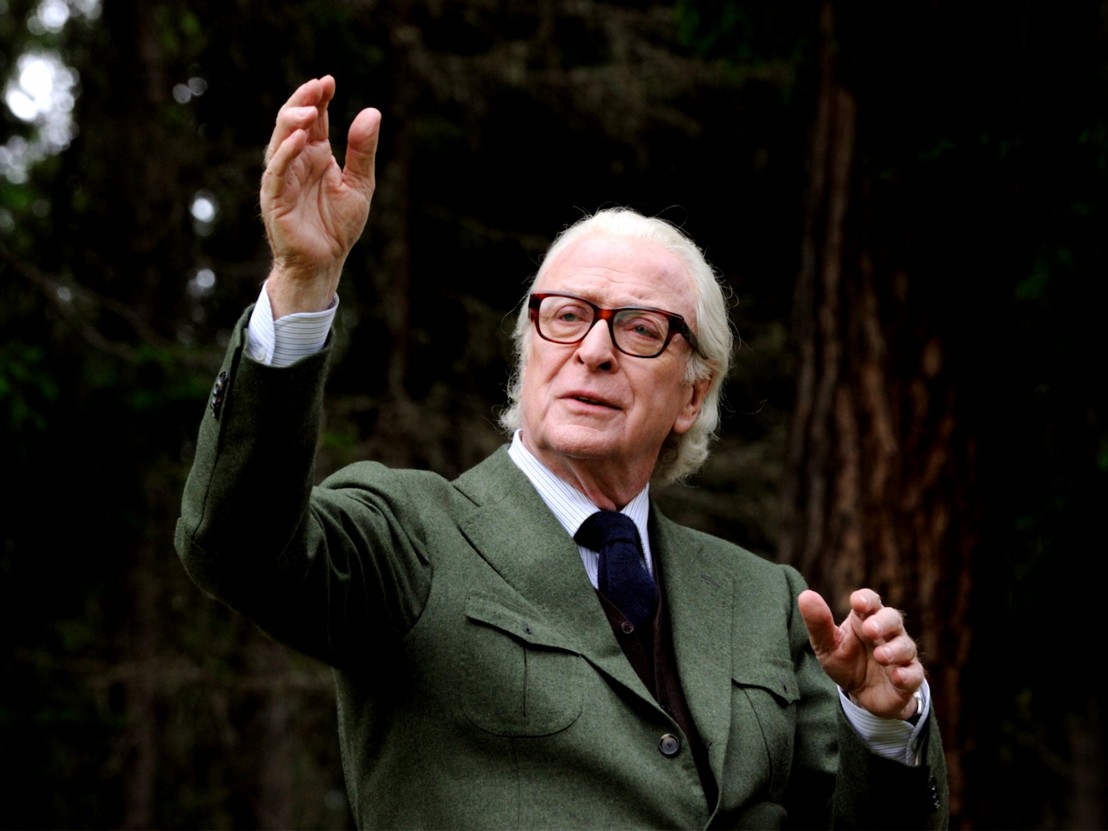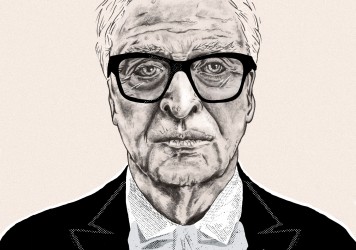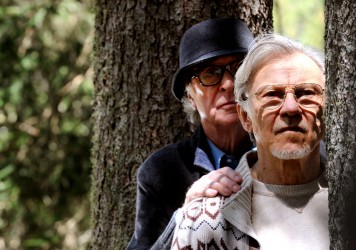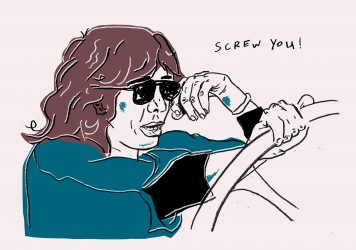
“Did you take a piss today?” asks Fred Ballinger (Michael Caine) to film director Mick Boyle (Harvey Keitel) in Paolo Sorrentino’s sumptuous new film, Youth. “Four drops,” comes the appropriately dry response. This brief comedic exchange between friends epitomises the film’s fascination with growing old, not just in the psychological sense – Boyle is working on a script titled ‘Life’s Last Day’; Ballinger is told he is apathetic about the present – but physically, too.
Youth isn’t alone. In the past decade, numerous directors have turned a keen eye towards the issue of ageing. We’ve seen Judi Dench and Maggie Smith take up residence at the Best Exotic Marigold Hotel, Michael Haneke tackle the tragedy of losing one’s spouse in Amour and Pixar explore a similar theme in Up. Some films have taken a more iconoclastic approach, like 2015’s Grandma, in which Lily Tomlin delivers the memorable line: “I like being old, young people are stupid.” While others have opted for a more melancholy route, as poetically expressed by Julie Christie in 2006’s Away From Her: “I think I may be beginning to disappear.”
So why the sudden influx of older folks on-screen? Could it simply be a response to a shifting moviegoing demographic? Last August Variety ran a piece entitled ‘Why Specialty Films Are Going Gray,’ in which Brent Lang explained that those over 50 comprise one of the few growing markets. Back in 2011 The New York Times gleefully proclaimed that the ‘Graying Audience Returns to Movies,’ a view echoed the following year in a Guardian article that outlined ‘How older viewers are rescuing cinema.’ As studios scramble to cater for the ever fickle 18-34 market, films starring grown men and women that feature little to no CGI are becoming big business.
This trend – let’s call it the rise of the “coming-of-ageing” film – is not entirely a new (look no further than Harold and Maude, A Trip to Bountiful and On Golden Pond) but it is most certainly a thriving one. Recent films like Venus, Nebraska, Quartet and last year’s Mr Holmes adhere to a familiar coming-of-age structure, except that rather than marking the transition between childhood and adulthood, these films tackle the protagonists’ newfound (or newly acknowledged) old age, giving way to extended rumination on issues of romance, politics and sexuality.
Take Brett Haley’s 2015 film I’ll See You in My Dreams, which follows widow Carol Petersen (Blythe Danner). Her friends (played by June Squibb, Rhea Perlman and Mary Kay Place) have all moved into an old folks’ home, a living arrangement they contend could very well be the solution to Carol’s nonexistent problems. Or Andrew Haigh’s marital drama 45 Years, where Kate and Geoff Mercer (Charlotte Rampling and Tom Courtenay) are forced to recalibrate their marriage after a sudden revelation. Or Mike Mills’ Beginners, in which Christopher Plummer’s Hal, upon turning 75, decides to come out to his son and attempts to live his life anew.
Perhaps the most interesting things about these films is that, while there’s a necessary focus on looking back – at one’s own life and mistakes – these stories are predominantly forward-looking. What’s more, by showing sex after 70, these films demonstrate a commitment to depicting real life that is so often lacking in more mainstream releases.
Rhea Perlman has suggested that the emergence of the coming-of-ageing film may well be due to the fact that baby boomers have now crossed over into middle age. “There’s going to be a demand for more films like [I’ll See You in my Dreams],” she told The Hollywood Reporter upon the film’s release. “How many shoot ’em ups and explosions can you tolerate?”
The question may have been rhetorical but its answer is perhaps bleaker than Perlman could anticipate. It’s not all serious, though. Alongside the more sedate dramas mentioned above, we’ve had comedies and action flicks featuring seasoned movie stars cracking wise and kicking ass well into their old age. Lily Tomlin in Grandma, Robert De Niro in Dirty Grandpa, Clint Eastwood’s Gran Torino, Michael Caine in Youth and Harry Brown and Sylvester Stallone’s The Expendables series – not to mention Harrison Ford’s return to both the Indiana Jones and Star Wars franchises – all suggest that there is a growing demand for older actors who still know how to have fun.
To paraphrase Caine’s character in Youth, levity may be both a temptation and a perversion, but it’s become a welcome contradiction to the celebration of youthfulness that has dominated the film industry for so long.
Published 28 Jan 2016

The British screen icon reflects on his remarkable career ahead of his starring role in Paolo Sorrentino’s Youth.

A legend of British cinema teams with Italy’s master of screen sensuality to tell a sparkling tale of nostalgia and sorrow.

The doyenne of American comedy and star of Grandma gives a lesson in poetry and swearing.